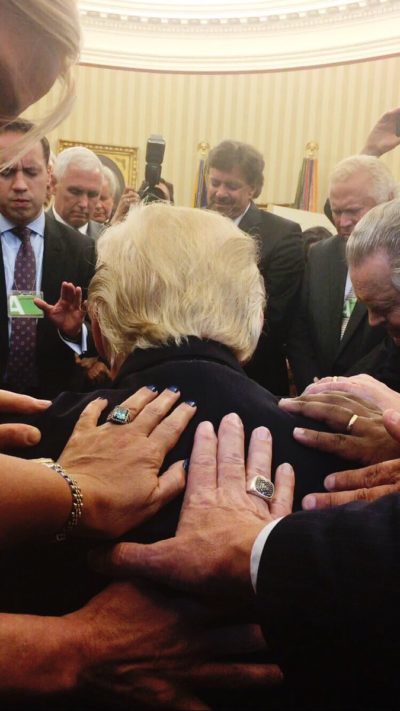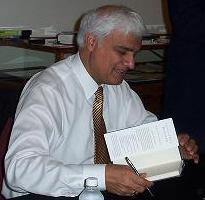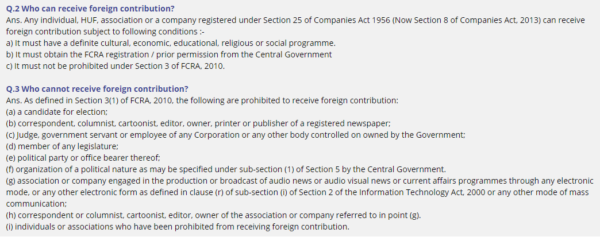Last week I posted John MacArthur’s response to a seminary student’s question about social justice in the church. In that reply, MacArthur invoked the concept of intersectionality and defined it in a manner which echoed Jordan Peterson in his infamous lecture on white privilege.
Since I first heard Peterson on white privilege, I have considered writing a critical response. The MacArthur post provoked me to finally get to it. In the 10 minute clip below, Peterson explains why he doubts the privilege associated with “white privilege” is actually due to whiteness. Here is the clip. He begins with his views of intersectionality, followed by a critique of white privilege which starts at 4:45.
He doesn’t play fair here by only criticizing one theoretical article from 1988. Nearly all social science concepts start with a notion of some kind which then serves to generate testable hypotheses. As of now, there are empirical studies on the concept. However, his audience leaves thinking white privilege is only the idea of an isolated professor.
At 7:01, Peterson reads from a list of attitudes and behaviors taken for granted by white people. The list was crafted by Peggy McIntosh in a 1988 paper (the full list is here) titled, “White Privilege and Male Privilege: A Personal Account of Coming to See Correspondences Through Work in Women’s Studies.” Note that she says it is a personal account.
Okay, so here’s her white privilege list, some of it, there’s like 50 things. ‘ I can if I wish arrange to be in the company of people of my race most of the time.’ ‘If I should need to move, I can be pretty sure of renting or purchasing housing in an area which I can afford and in which I would want to live.’ That’s actually a wealth thing, by the way. ‘I can be pretty sure that my neighbors in such a location will be neutral or pleasant to me.’ ‘I can go shopping alone most of the time, pretty well assured that I will not be followed or harassed.’ ‘I can turn on the television or open to the front page of the paper and see people of my race widely represented.’ ‘When I am told about our national heritage or about “civilization,” I am shown that people of my color made it what it is.’ There’s 50 of those, I think, something like that.
Okay, is that white privilege, or is that, like majority privilege? Is the same true if you go to China, you’re Chinese, is the same true if you’re Chinese? Is it majority privilege, and if it’s majority privilege, isn’t that just part of living within your culture? So let’s say you live in your culture, you’re privileged in that culture, well obviously. That’s what the culture is for. That’s what it’s for. Why would you bother building the damn thing if it didn’t accrue benefits to you? Well, you might say one of the consequences is that it accrues fewer benefits to those who aren’t in the culture. Yeah, but you can’t immediately associate that with race. You can’t just do that. Say it’s white privilege. There’s many things it could be. Certainly could be wealth. And the intersectional people have already figured out there are many things it could be. So like, what the hell? Seriously, well, what’s going on?
Well, we let these pseudo-disciplines into the university because we’re stupid and guilty, seriously. And they have no methodological requirements and plenty of power and plenty of time to produce nonsensical research and produce like resentful activists and now we’re bearing the fruits of that. It’s not pretty, so white privilege.
So Like Seriously What’s Wrong?
Other than Peterson’s argument by exasperation, the main problem I see is his assumption that majorities of one kind or another build and own the culture. In America, that is silly, and an aspect of white nationalist fantasy. I realize he is Canadian but his arguments apparently appeal to Americans who like the majority white. In America, our history leads us straightaway to race. You can’t talk about majorities and minorities without talking about race.
Let’s apply his argument to America instead of China and see if it doesn’t sound like race is at least one of the important issues of privilege in America. Remember he is criticizing the idea of white privilege. Here is what he said in the video. After that I will substitute America for China.
Okay, is that white privilege, or is that, like majority privilege? Is the same true if you go to China, you’re Chinese, is the same true if you’re Chinese? Is it majority privilege, and if it’s majority privilege, isn’t that just part of living within your culture?
Now let’s substitute America for China.
“Okay, is that white privilege, or is that, like majority privilege? Is the same true if you go to [America]? If you go to [America], you’re [American], is the same true if you’re [American]? Is it majority privilege, and if it’s majority privilege, isn’t that just part of living within your culture?”
See the problem? He seems to be saying that the real, true Americans are the majority Americans. He solidifies this messages by asking, “isn’t that just part of living within your culture?” Jordan, what do you mean “your culture?” In America, the culture isn’t mine as a member of any majority. It is supposed to belong to all citizens. However, it is very clear to me that simply because I am white, I never have had to deal with some things that my African-American friends have had to deal with. By law, it is just as much their culture as mine but they contend with different social rules that they did not get to construct.
Peterson continues to talk about “your culture” as if it belongs to some unspecified majority alone. In what is the most shocking part of this rant to me, he justifies majority privilege as the right of the majority. Then he essentially excludes the minorities from the culture by saying they “accrue fewer benefits” and “aren’t in the culture.”
So let’s say you live in your culture, you’re privileged in that culture, well obviously. That’s what the culture is for. That’s what it’s for. Why would you bother building the damn thing if it didn’t accrue benefits to you? Well, you might say one of the consequences is that it accrues fewer benefits to those who aren’t in the culture. Yeah, but you can’t immediately associate that with race. You can’t just do that. Say it’s white privilege.
An American distinctive is the belief that people from all kinds of backgrounds can make good and have a better life. Many of us want to believe in the promise of America for everybody to realize the same benefits of being an American. Peterson appears to promote a backward view toward an America where the majority stores up benefits for themselves. In the end, he doesn’t refute the concept of white privilege as much as he tries to shout it down. For what purpose? I can’t think of any good one.
While I believe the concept of white privilege does need more empirical support, I also believe there is a use of the term which is simply descriptive. It stands for the observation that race matters in American society and has mattered since the founding. One does not need to embrace identity psychology to simply recognize that racism has not been eradicated from our cultural institutions (e.g., the church, political parties, law enforcement, etc.) and that efforts to minimize that fact are corrosive to our culture. White guys stomping around yelling, “seriously, what the hell?” doesn’t get us any closer to treating others as we want to be treated or ensuring equal treatment under the law.
Like this article and want to see more like it? Support this blog at Patreon.com.
[email-subscribers namefield=”NO” desc=”Subscribe to receive notification of new posts.” group=”Public”]
Image: Dr.Jordan Peterson delivering a lecture at the University of Toronto in 2017. March 20, 2017, Source: Adam Jacobs, Wikimedia, Creative Commons Attribution 2.0 Generic license.







